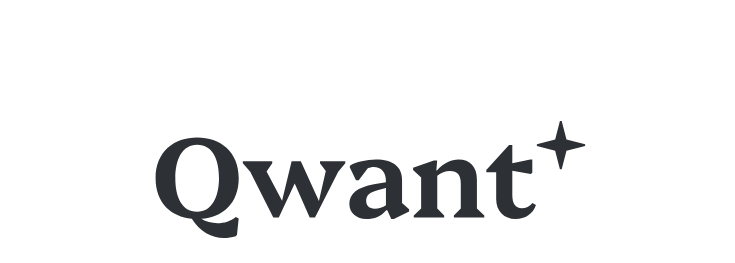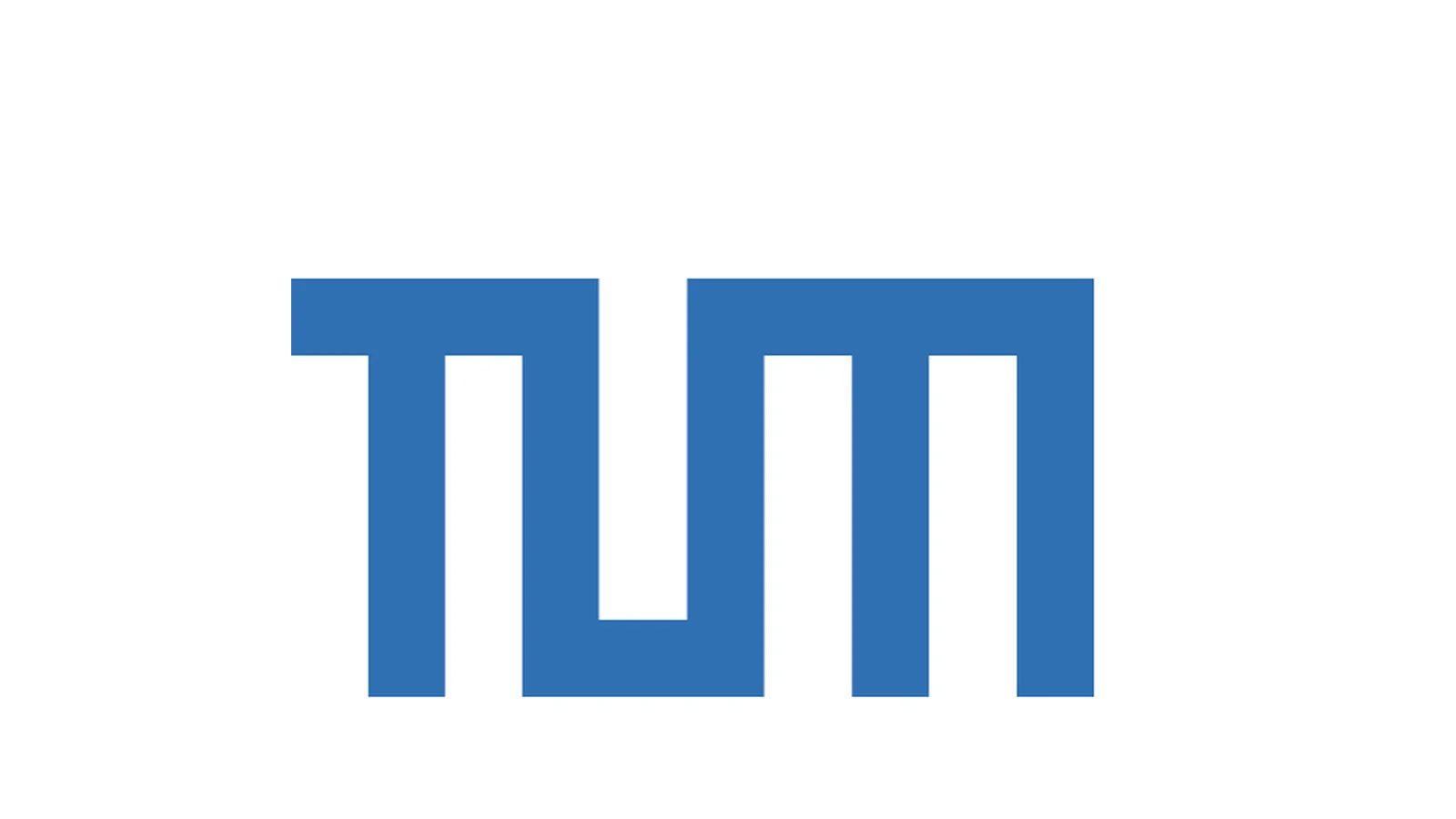Qwant, a privacy-focused search engine based in France, and Ecosia, a Berlin-based nonprofit search engine funding environmental initiatives, have announced a joint venture to develop a European search index. The collaboration aims to reduce their reliance on Big Tech, particularly Microsoft’s Bing and Google, whose search APIs both companies currently use. Rising API costs, including a significant price hike by Microsoft last year, are a key factor motivating this initiative.
The joint project, called European Search Perspective (EUP), will focus on building an independent search index tailored for innovation in areas such as generative AI. Both Qwant and Ecosia view generative AI as central to the future of search technology. However, they will continue to rely on external large language models (LLMs) via API access while leveraging the new index for better integration and development of AI-driven features.
EUP will start powering Ecosia and Qwant’s search results in France by early 2024, expanding to Germany by the end of 2025, with English and other European languages to follow. Qwant’s engineering team and intellectual property will transfer to EUP, with Qwant CEO Olivier Abecassis also leading the joint venture. Ecosia CEO Christian Kroll noted that the move aligns with Europe’s strategic push for tech sovereignty under regulatory frameworks like the EU’s Digital Markets Act.
Abecassis underlined that building the index from scratch will ensure it offers privacy-first search results, unlike Google’s personalized approach. He also highlighted the importance of European autonomy in search technology, cautioning against over-reliance on U.S.-based platforms amid geopolitical uncertainties. Kroll echoed these sentiments, citing the changing landscape of search demand due to AI advancements and the need for a diversified tech ecosystem.
The project seeks to encourage other European firms to join the initiative, either as partners or as API customers for the index, furthering the goal of creating a sustainable and independent search infrastructure for Europe.






